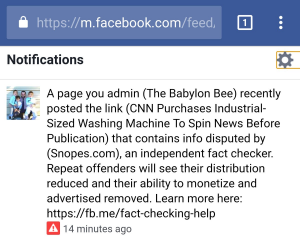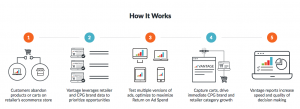- Feb 11, 2015
- 2,492
- 765
- First Name
- Alex
Facebook offers some of the best offline attribution reporting. Did you upload your CRM/DMS data after the campaign ended to see how many people bought a car after seeing your ads? Obviously a simple ad impression can't take the full credit but it may have partially influenced their purchasing decision.
To learn more, here's a good video about Facebook's offline conversion measurement capabilities.
Starting with a good list to import into Facebook is a good start. Testing different wording and graphics for ads is also a key component. Ryan is correct that Facebook has some strong attribution reporting. Most customers are not going to say they came to your dealership because of Facebook, but it may have been the source that drove them to your website.
Facebook's attribution model is Last Touch (Click) Attribution (LTA) only and that doesn't get you very far. It's ALL about Multi-Touch Attribution (MTA). A/B, multivariate and split testing techniques will definitely help improve the probabilty of automotive ad conversions, but that takes a lot of patience and work.
That said, FB does hold a lot of bang for your buck in terms of reach (personally, I've seen very few bad experiences for dealers), but the impressions and clicks mean very little. The KPIs we should be looking at are acquisitions (goals) and sales (cost per for each). Web traffic attribution and sales attribution.
About Facebook's attribution system
Important information about Facebook attribution:
- By default, Facebook uses a last-touch attribution model, which means we will attribute full credit for a conversion to the last Facebook ad the person clicked or interacted with. If the person did not click on an ad, full credit is attributed to the last Facebook ad viewed. If they clicked the ad, it will get attributed to the ad clicked. If they didn't click, it's attributed to the most recent Facebook ad they saw.
https://segment.com/academy/collecting-data/an-introduction-to-multi-touch-attribution/
First and last touch attribution, while flawed, are simple to understand. But the devil is in the details, especially when your customer journey spans more than one device or campaign. That’s where multi-touch attribution comes in to play.
Multi-touch attribution is the act of determining the value of each customer touch point leading to a conversion. This helps you figure out which marketing channel(s) or campaign(s) should be credited with the conversion, with the ultimate intention of allocating future spend to acquire new customers.

Within Google Analytics (Web Traffic Attribution)

If spend were applied, you'd be able to calculate the difference in Cost Per Acquisition (CPA) between models and channels like Facebook (using custom automotive channel programming with GA). A lot of channels weigh too much credit or not enough to their own wares. MTA discovers this.
Hold 3PA's and agencies accountable for their actions on web traffic.

Last edited:










